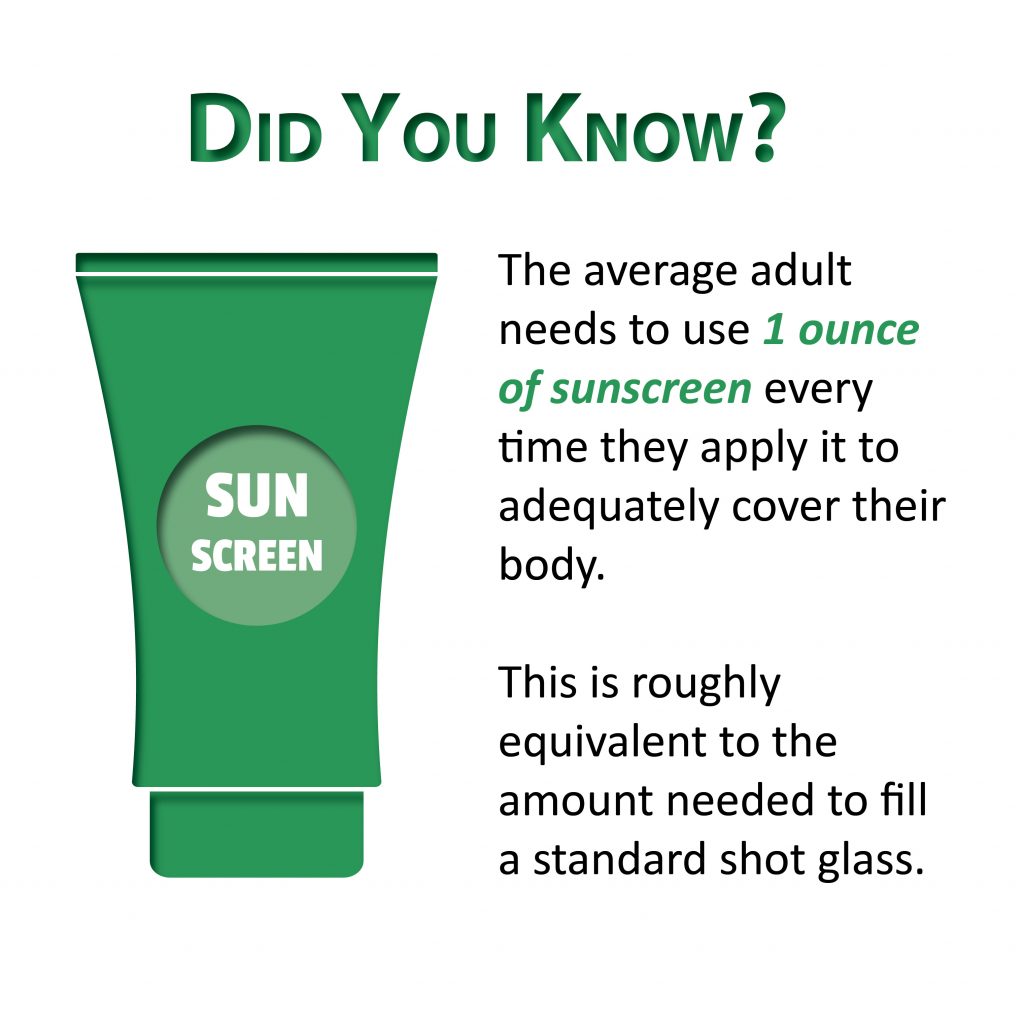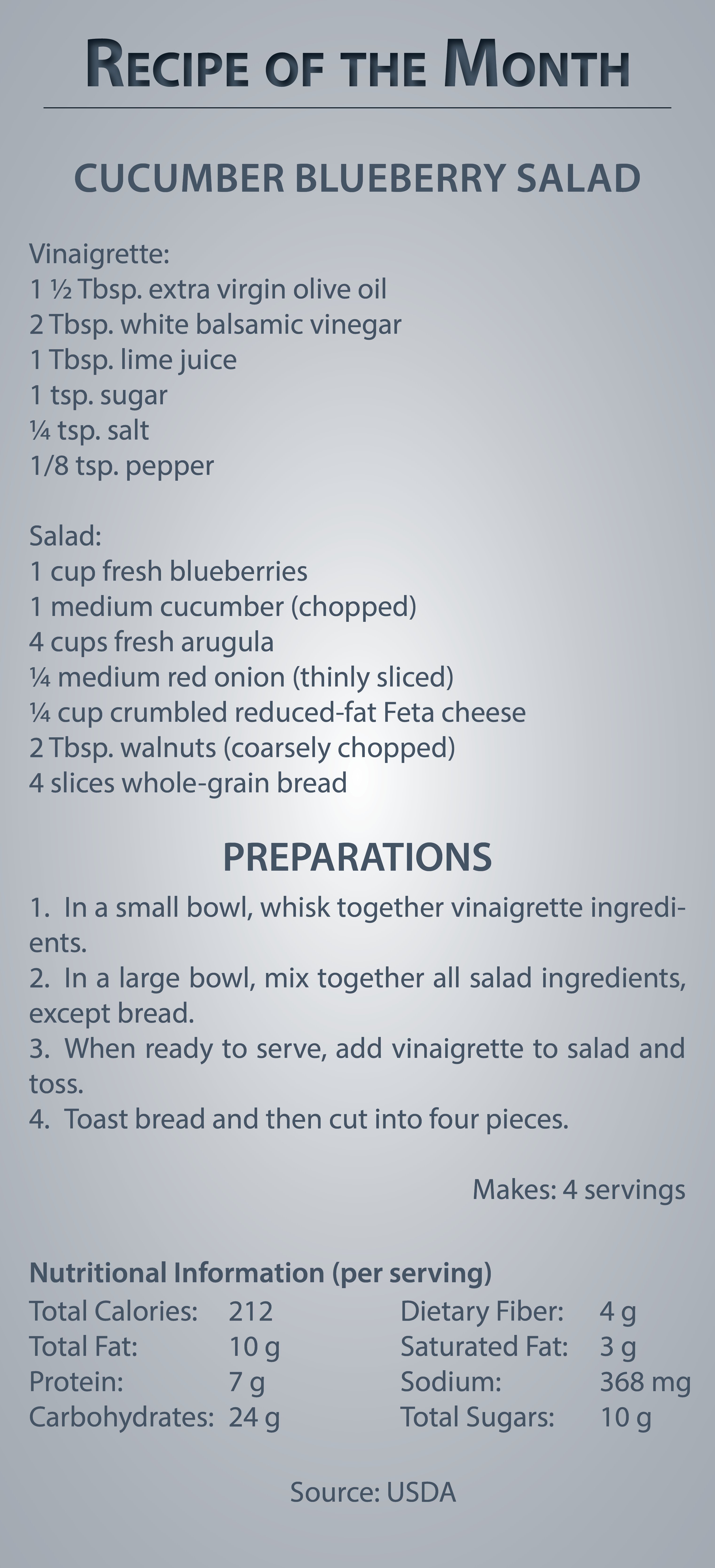As the temperatures rise and the days become longer, many Americans will head out on camping adventures. Whether you’re a seasoned camping pro or new to the activity, it’s always a good idea to review camping safety tips.
Don’t Forget to Pack the Essentials
Before setting out, it is important that you remember to pack things like fresh water, food, a first-aid kit, matches, insect repellent, extra clothing and a waterproof tent.
Think Twice Before Pitching Your Tent
It’s important to carefully consider where you’re setting up camp. Avoid low-lying areas that could flood during a heavy rain. Also, in windy conditions, avoid setting up your tent under a tree, as possible falling limbs could present a danger.
Campfire Safety
If you’re not careful, a campfire can quickly become dangerous. Keep the following tips in mind to stay safe:
- If possible, surround the fire pit with rocks, and keep a bucket of water nearby.
- Do not build the fire near the tent(s) or anything else flammable.
- Never leave a fire unattended, and ensure it is completely out before going to bed.
- Collect firewood from the ground only, never cut into living trees.
Prioritize Safety Over Fun
To keep the experience fun and safe there are some basic precautions that every camper should take. What’s discussed here is just the beginning of camping safety. For more information on how you can remain safe on your trip, click here.
Sunscreen and You
To avoid the damaging effects of the sun’s ultraviolet rays, we’re often advised to wear sunscreen whenever we go outside. And, with skin cancer being the most common type of cancer in the United States, wearing sunscreen is of the utmost importance.
Recent changes mandated by the Food and Drug Administration have made sunscreen selection a lot easier. Under the new rules, sunscreen can only claim to reduce the risk of skin cancer and early skin aging if it is both broad-spectrum and has an SPF of 15 or higher.
Sunscreen that is not broad-spectrum or has an SPF of less than 15 can only claim to prevent sunburn and must include a warning stating it cannot prevent skin cancer or early aging. Sunscreen products also can no longer claim to be waterproof, only water-resistant, and labels must note a time limit of either 40 or 80 minutes before the sunscreen is ineffective.
For more information on sunscreen, visit the American Academy of Dermatology’s website.

Wearable Tech and Your Health in 2019
In the past few years, wearable fitness technology has become increasingly popular and advanced. Some models are now even capable of generating an electrocardiogram that can detect irregular heart rhythms. With their widespread popularity, you may be wondering if they do any good for you and your health.
Wearing these trackers can be beneficial for your overall health. And, a fitness tracker can be especially useful for monitoring progress with a new exercise routine or weight loss program. They can count steps, monitor heart rate, add up calories and even track sleep. A number of options are available to accommodate a wide variety of budgets and fitness goals.
Whether you’re just starting out on a healthy living journey or are well on your way, using one of these widely available fitness trackers may be beneficial for you.

All of us here at CoverLink wish you continued health and safety this year!
